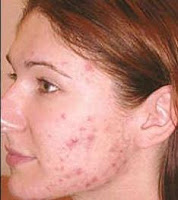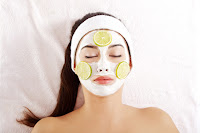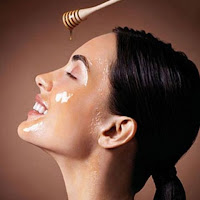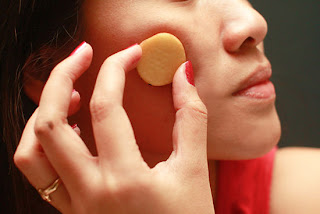There is mounting scientific evidence that what you eat affects your acne. Knowing
what to eat and what foods to avoid can help you get rid of pimples, whether your acne is mild or severe.
The diet/acne connection has been controversial since the 1960s. Scientific studies done in the last 15 years are finally starting to give us answers. People with acne always struggle to figure out which foods worsen their acne, and doctors haven’t been able to give them any guidance until now.
It makes sense that foods play a role in acne but it’s hard to figure this out on your own. That’s because your pimples can take weeks, or even months, to worsen or improve after you make changes in your diet.
Knowing what sort of diet you should be eating, and what foods you should be avoiding will help you keep your skin as clear as possible. If you’re using acne treatment medicines or acne skin care products, a good acne diet should also help your acne treatments work better. Many of the dietary recommendations to help your acne are also really healthy for your body overall, so you will most likely feel better and be healthier all around. Most of the studies have been done on teenage acne, but I expect the information applies to adult acne also.
In the July issue of the Journal of the American Academy Of Dermatology there was a scientific paper reviewing all of the modern scientific studies done on the ‘acne and diet’ connection. Based on this most current scientific information, I’ve developed Acne Diet guidelines that I’ll be giving to all my acne patients.
Dermatologist Dr. Cynthia Bailey’s Acne Diet
In the July issue of the Journal of the American Academy Of Dermatology there was a scientific paper reviewing all of the modern scientific studies done on the ‘acne and diet’ connection. Based on this most current scientific information, I’ve developed Acne Diet guidelines that I’ll be giving to all my acne patients.
Dermatologist Dr. Cynthia Bailey’s Acne Diet
1-Avoid eating and drinking a lot of high carb foods:
(white flour/bread/cookies, sugar empty calorie ‘junk’ foods, sugar filled drinks and juices)
2-Eat and drink dairy products in moderation only.
Minimize fatty dairy products like ice cream and cheese, instead switch to using only moderate amounts of cultured whole milk dairy products with natural probiotics like yogurt and kefir . Bottom line: cut way down on dairy and use it in moderation only.
3-Do eat foods high in omega-3 fatty acids
(eg. salmon, flax seeds, walnuts, spinach etc.)
4-Eat tons of fresh fruits and veggies
that provide safe sources of antioxidants, zinc, selenium, vitamin A and fiber-all of which appear to help acne. Some of these nutrients are dangerous if taken as supplements because they’re easy to overdose on; don’t use supplements to compensate for a poor diet.
So that yummy hamburger in the photo? It has a high carb bun, full fat cheese, no omega 3′s, no fiber and no antioxidants! It’s a ‘treat’ if you must, but it should not form the basis of your diet if you want to help your acne.
We now know that with acne, like so many other health problems, diet matters. My prediction is that doctors will also find that a healthy acne diet will help acne patients need less acne medicines. This means……
Clearer, healthy looking skin with fewer acne breakouts and less side effects from acne medicines — a dream for people suffering from acne.
We now know that with acne, like so many other health problems, diet matters. My prediction is that doctors will also find that a healthy acne diet will help acne patients need less acne medicines. This means……
Clearer, healthy looking skin with fewer acne breakouts and less side effects from acne medicines — a dream for people suffering from acne.



















